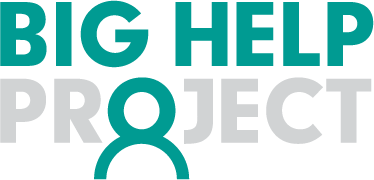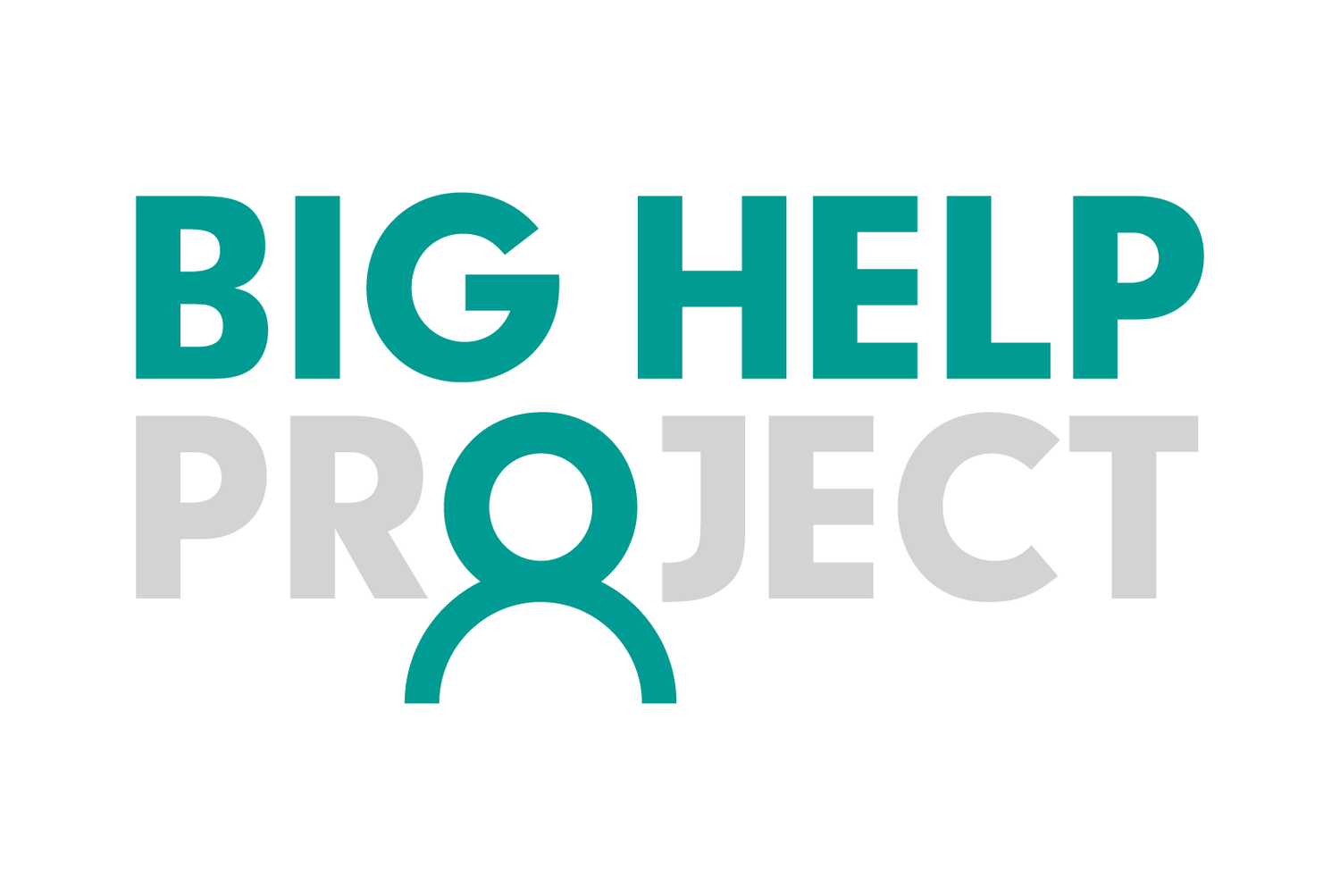Rising Food Prices: A Closer Look at Inflation
In research shared exclusively with The Guardian this week, consumer body ‘Which?’ have reported a 30% hike in the cost of some basic food items – bread, cheese, etc. – in the last two years despite the rate of food inflation having slowed down in recent months. Food price inflation did slow down last month to 12.7%, with items such as milk decreasing in price but others (eggs, sweets, etc.) still rising, prices remaining largely inflated overall.
The food prices reported to have the highest levels of inflation are milk at 36.4%, cheese at 35.2%, butter at 32.2%, cakes at 31.2%, and bakery items at 30.3%. ‘Which?’ has called on supermarkets to start stocking their own-label products in small local stores – Tesco have announced that they will be doing so in convenience stores – so that shoppers have greater access to low-cost food whilst still maintaining a nutritional diet.
Food prices comparisons
‘Which?’ released data regarding the cheapest supermarkets for July, comparing the prices of a 38-item food shop comprising of the most popular grocery items among eight supermarkets. The difference between the cheapest, Aldi, and the most expensive, Waitrose was £16.02. That is a 22% average price increase between the two.
On comparing larger shops – 135 items rather than 38 – Aldi and Lidl were omitted due to popular branded items not being available. Of the supermarkets included, Morrisons sat as the cheapest at £341.92, and Waitrose remained the most expensive at £376.66. These comparisons can, of course, change over time and many – such as the Co-op - have now introduced more affordable ranges to aid families needing additional support under the cost-of-living crisis.
What does this mean for low-income households?
Low-income households are particularly vulnerable to constantly fluctuating food prices and an unstable economy. The Joseph Rowntree Foundation noted that approximately nine in ten (87%) low-income households on Universal Credit have gone without at least one essential item for their third survey in over a year, according to their own research. This is a decision that has the potential to have an impact on that family’s life and health for a longer period than one food shop.
Shopping little and often rather than bulk buying or doing large shops is common amongst low-income households as the cost, as aforementioned, of a big shop prevents families from being able to save. Richard Lane, director of external affairs at debt charity StepChange, said: “The rising cost of living is forcing households to reassess their budgets and cut back to make ends meet.”, adding that the prices rises are creating “a poverty premium where those on tighter budgets are unable to save”. StepChange also found that one in seven people had recently skipped meals or gone without a healthy diet in order to keep up with credit repayments. This statistic rose to one in three for those on Universal Credit.
Is food inflation improving at all?
Thankfully, food prices are seeing a steady decrease. Overall prices are on a year-to-year increase, however certain basic items are becoming more affordable in comparison to earlier on this year. Fraser McKevitt, head of retail and consumer insight at market research group Kantar, said that
“shoppers paid £1.50 for four pints of milk last month, down from £1.69 in March, while the average cost of a litre of sunflower oil is now £2.19, 22 pence less than in the spring”.
Shoppers are urged to seek out cheaper options for their food shops such as essentials or basic lines of groceries, however it is to be acknowledged that there are a number of factors affecting where a household can and cannot shop. Some areas do not have walking distance access to well-stocked shops or supermarkets, and perhaps would have to settle for convenience or local stores. Alternately, some families only live within walking distance of supermarkets, forcing them to spend more on fewer items, particularly when stores such as Tesco have more expensive branches of their ‘Tesco Express’ stores.
Big Help Project are committed to the fact that every person should have access to good, nutritional food. Our Food Club model allows anyone struggling to afford their groceries to shop at a much-reduced rate, at just £3.50 for 10 items.
Sources:
https://www.theguardian.com/business/2023/aug/14/sharp-rise-in-cost-of-food-basics-forces-uk-families-to-make-desperate-choices
https://www.theguardian.com/business/2023/aug/15/food-price-inflation-in-uk-falls-for-fifth-month-in-a-row


